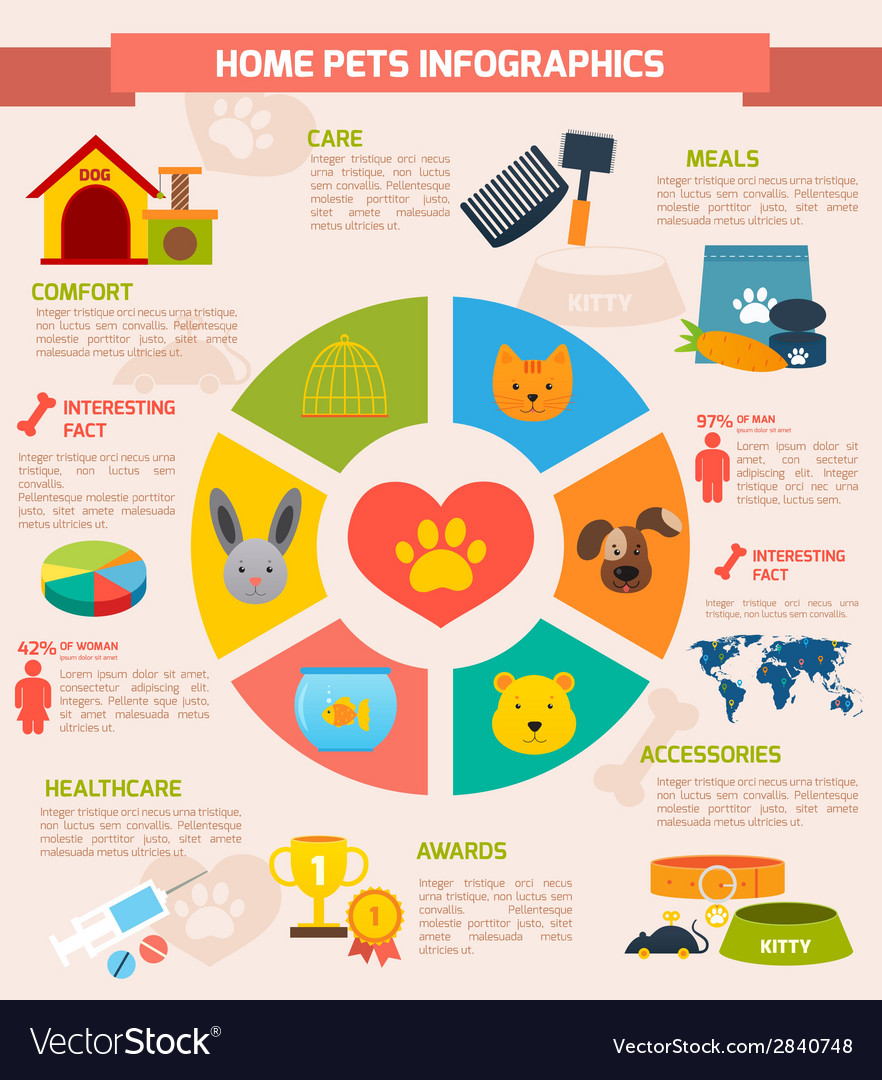How Dog Daycare Helps Socialization
How Dog Daycare Helps Socialization
Blog Article
Can Pet Daycare Reason Health Problem?
Possibilities are that if your dog is regularly revealed to other dogs, even if they're effectively immunized, they may return with some type of illness. Inoculations, routine veterinary appointments, and great health methods can minimize threat elements for infection and disease.
Worried or distressed pet dogs can create stomach troubles and various other wellness concerns that are conveniently spread out between canines. Establishing age restrictions and behavioral rules can help guarantee that only healthy dogs enter your facility.
Distemper
Canine distemper is a serious and frequently fatal virus that attacks a dog's respiratory, digestive, skin and immune systems. Puppies are especially susceptible and can get the condition via straight contact with a contaminated pet or with the airborne transmission of virus particles given off during coughing, sneezing or breathing.
The incubation period for canine distemper is in between 3 and 7 days. While pups at daycare may seem to catch parvo from an additional contaminated pet dog, it's not likely because the incubation period is so brief.
While there is no treatment for canine distemper, helpful care can help dogs recoup. This consists of fluids, antibiotics and medications to regulate seizures. The Drake Facility for Veterinary Care notes that symptoms consist of drippy eyes and nose, diarrhea, vomiting, anorexia nervosa and neurological troubles such as twitching and tremblings. Young puppies need a complete inoculation collection and yearly boosters to shield them against this condition, which is why trustworthy pet day care centers require current inoculations.
Kennel Cough
Kennel Cough (Pooch Contagious Tracheobronchitis) is a highly transmittable top respiratory problem triggered by bacteria and infections. It spreads via air-borne droplets from a coughing or sneeze, straight get in touch with, and sharing of contaminated things such as toys or water bowls. It is endemic in position where many pets are housed close together, such as kennels, pet dog parks, grooming salons and programs. A number of vaccines are readily available to secure against the virus that trigger kennel cough, and correct hygiene practices can aid stop infection.
The classic signs and symptom is a dry, hacking cough comparable to that of a goose honk, and many dogs recuperate with little intervention. Nonetheless, serious cases can bring about pneumonia, and young puppies or dogs with pre-existing health problem are at greater risk for issues. To speed up healing, make use of a harness rather than a collar while your pet is recuperating to stay clear of inflammation to the windpipe. A humidifier might also aid to moisten the air and stop dry coughing.
Parvovirus
Parvovirus (CPV) is a significant disease in pets. It is similar to feline panleukopenia (feline distemper), yet it's a lot more harmful and can spread promptly among dogs because of its extremely durable nature.
This virus assaults the intestinal cellular lining of a dog, damaging it and causing germs to slough off into the blood stream. The weakened body immune system and overwhelming microorganisms lead to septic shock, which is normally fatal.
Luckily, veterinary healthcare facilities offer efficient therapy for parvovirus. These medicines are offered directly into an individual's bloodstream and targeted towards the details strain of parvovirus. This therapy approach is highly efficient and aids retrain the body immune system to fight off the infection. Canines with extreme symptoms are typically hospitalized for numerous days for monitoring and extensive like ensure their survival. Young puppies, unvaccinated pets and canines with weak body immune systems are specifically susceptible to parvovirus. This is particularly real for puppies born to roaming mothers and shelter settings, where they are revealed to numerous various other unwell and vulnerable pet dogs.
Pooch Flu
Canine influenza (CIV) is a transmittable respiratory illness that can be brought on by pets sharing infected surfaces or direct contact with breathing secretions. CIV spreads conveniently in environments where there are high varieties of pets, such as dog parks, day cares, brushing centers and veterinary clinics.
Contaminated pets shed the virus with aerosol breathing beads when coughing or sneezing, and may contaminate items they enter into contact with like cages, toys, food bowls, leashes and the hands and garments of individuals that handle them. Canines can likewise be "quiet service providers" spreading out the virus without showing any type of signs themselves.
Signs and symptoms of canine flu consist of nasal and eye discharge, cough, fever, loss of appetite, and weak point. The infection can proceed to pneumonia, which can be deadly in some dogs. PCR viral testing is available for confirmation of infection. Preferably, examples (generally deep nasal or pharyngeal swabs) for PCR boarding places for dogs near me screening should be collected within four days of the beginning of scientific indications.